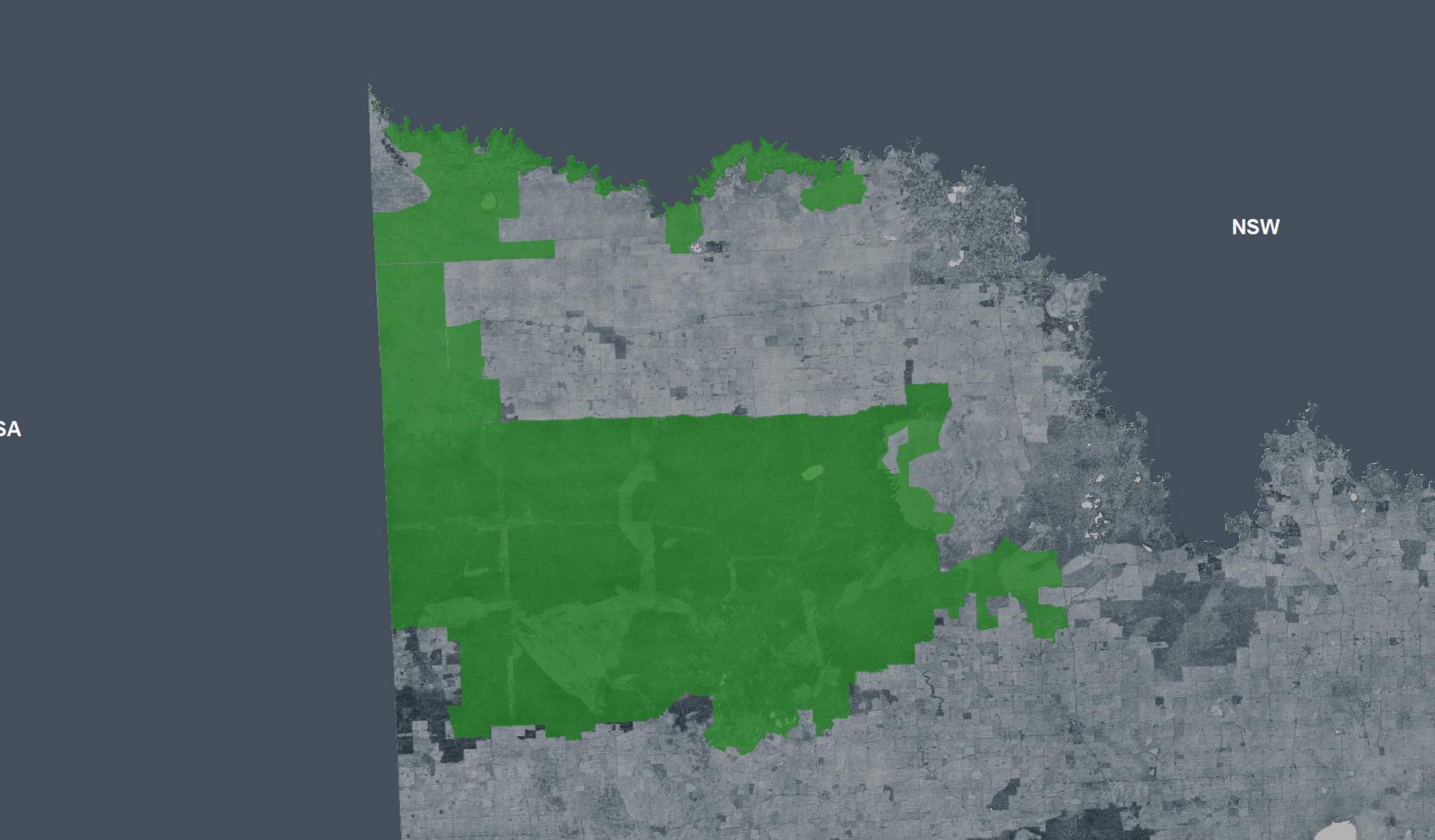Explore
Lake Becking campground (Murray-Sunset National Park)
Visitor Tips: This is a remote area with no mobile reception. Campers must be self-sufficient and carry all the water and provisions they need. Please practise minimal impact camping and observe relevant fire regulations. Fires are permitted only in the fireplaces provided and must be extinguished with water before leaving. Please bring your own firewood or a gas or electric stove or barbecue. No bins are provided – please take all rubbish home with you for recycling or disposal. Download the Murray-Sunset National Park Visitor Guide for more information.
How to get there
Lake Becking campground (Murray-Sunset National Park)
Need to know
Lake Becking campground (Murray-Sunset National Park)
Safety in nature
You can benefit both mind and body when you get outdoors to explore and experience Victoria's natural places. Before you go, take a look at our safety tips and check our changed conditions and closures information for a great visit.
Accessibility
Visiting a park can be more of a challenge for people with disabilities, however, in Victoria there are a wide range of facilities to help people of all abilities enjoy our wonderful parks around the state. Parks Victoria provides a range of a equipment, including all-terrain and beach wheelchairs, facilities, accommodation and accessibility information and programs to help you plan and enjoy your visit to Victoria's parks.
Assistance dogs are welcome in Parks Victoria parks and reserves. Entry requirements apply for parks and reserves that are usually dog prohibited, such as national parks.
Warnings & Restrictions
Dogs
Restrictions
- No firearms allowed
- No horses
- No generators
- No dogs allowed
Warnings
-
Other warnings
- Limbs may fall take care
-
Animals and pests
- Beware feral bees
- Snakes
Be Prepared
Change of Conditions
Nature being nature, sometimes conditions can change at short notice. It’s a good idea to check this page ahead of your visit for any updates.


